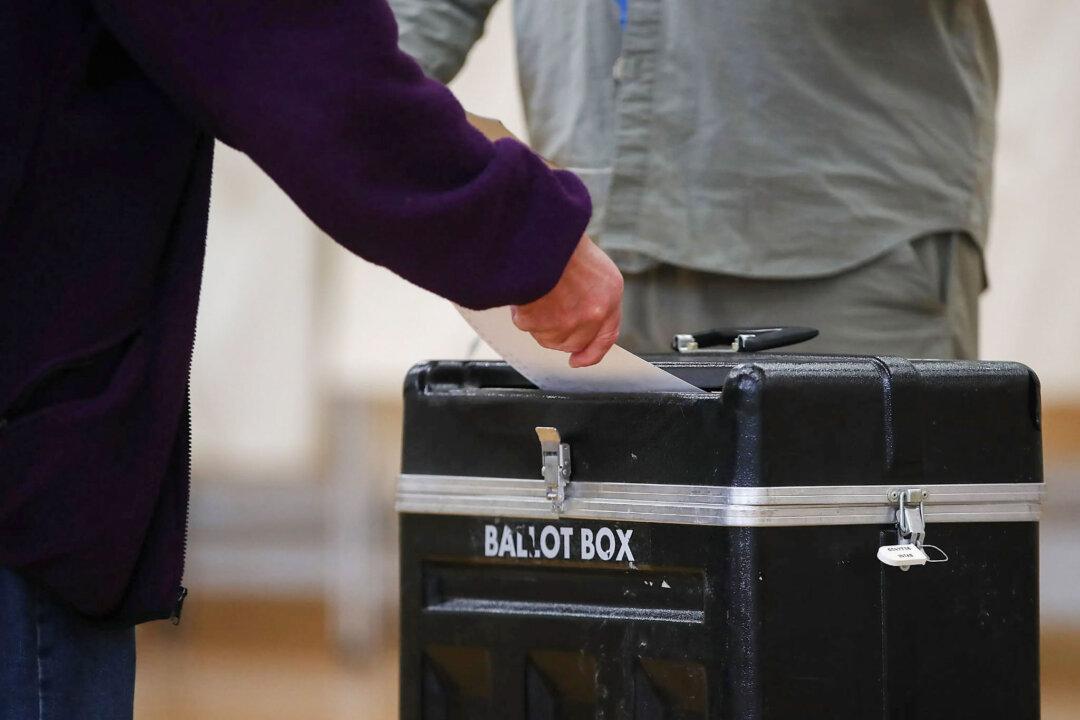The Department of Justice (DOJ) announced that an illegal immigrant agreed to plead guilty to charges of stealing an American citizen’s identity, using it to vote in elections, and obtaining a U.S. passport.
Angelica Maria Francisco, 42, who had been residing in Alabama but is originally from Guatemala, was charged with making false claims of citizenship in connection with voting, aggravated identity theft, false statements to apply for a U.S. passport, and use of a U.S. passport obtained by false statements, the DOJ stated on Sept. 5.





